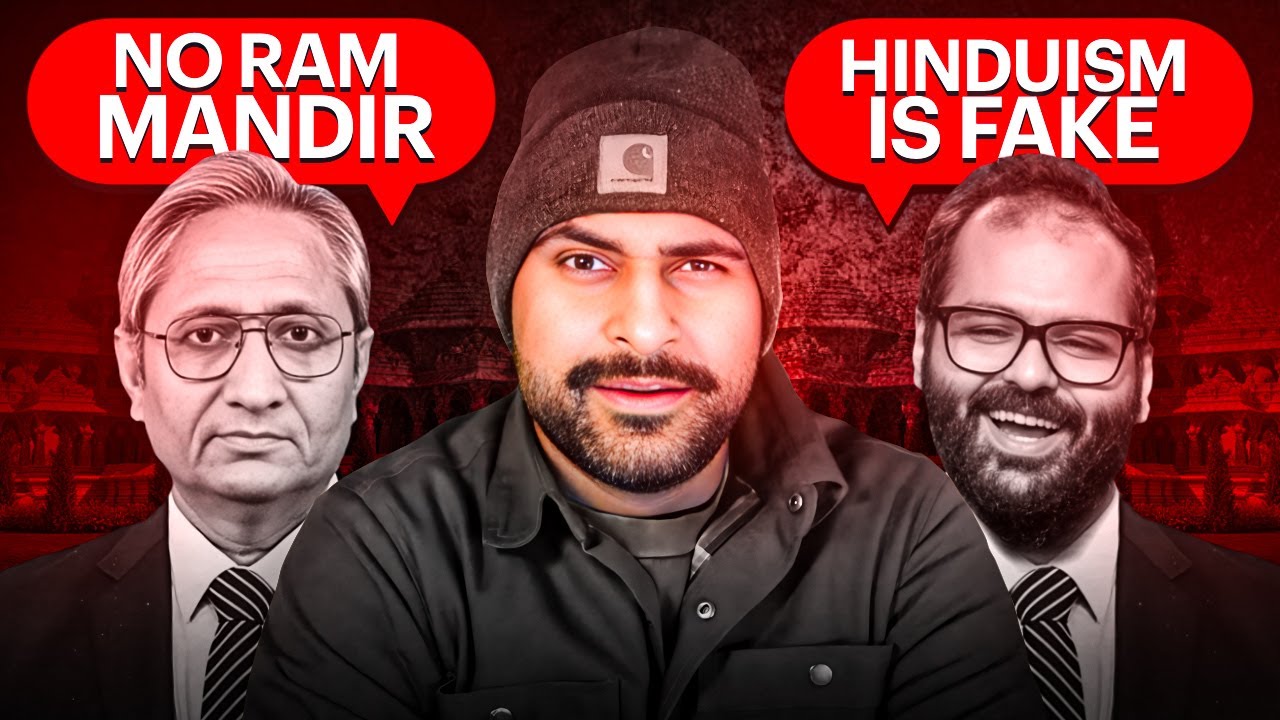Class 8 Civics Chapter 1 - The Indian Constitution | Class 8 civics | class 8 Indian Constitution
Summary
TLDRThe video script is an educational discourse aimed at class 8 students in India, focusing on the importance of the Indian Constitution. It explains the necessity of rules within a school and extends the analogy to the governance of a country, emphasizing the role of the Constitution in setting the framework for laws and regulations. The script delves into the types of government, democracy, and monarchy, and how the Constitution checks the power of leaders. It also touches on the concept of federalism, the separation of powers, and fundamental rights, illustrating these with relatable examples. The script concludes with an offer for educational content to help students with their exams, highlighting the importance of education and the Constitution in shaping the future of the country.
Takeaways
- 🏫 The script discusses school rules and their importance, such as wearing uniforms and following the school's code of conduct.
- 📚 It emphasizes the necessity of rules in any system, comparing school rules to the Constitution of India, which outlines the framework for governance.
- 🏛️ The Constitution of India is described as a set of rules that every citizen must follow, and it defines the country's political system.
- 🗳️ The political system can be a democracy, where people elect their leaders, or a monarchy, where leadership is hereditary.
- 🌍 The script explains the concept of democracy and how it differs from monarchy, highlighting the power dynamics and the citizens' role in each.
- 🏛️ It mentions the Constitution as a tool to limit the power of leaders and ensure they do not misuse their authority.
- 📈 The script touches on the evolution of government types, discussing the transition from British rule to an independent democracy in India.
- 📝 It outlines the process of creating India's Constitution, involving a Constituent Assembly and the principles of equality and justice for all citizens.
- 🔄 The concept of federalism is introduced, explaining the division of power between different levels of government, from local to central.
- 👥 The script also covers the importance of minority rights and secularism, ensuring that the government does not favor any particular religion.
- 📢 It concludes by promoting an educational program that offers study materials and resources to help students prepare for exams.
Q & A
What is the significance of rules in a school setting as mentioned in the script?
-The script highlights that rules in a school are essential for maintaining order and discipline, such as wearing uniforms, adhering to a dress code, and following a timetable.
Why are rules necessary for the functioning of a country, according to the script?
-The script explains that rules are necessary for the functioning of a country because they provide a framework for everyone to follow, ensuring order and allowing the nation to run smoothly.
What is the purpose of the Indian Constitution as discussed in the script?
-The script states that the Indian Constitution serves as a set of rules that the people of India are expected to follow. It outlines the political system of the country and includes rules that even leaders must adhere to.
How does the script differentiate between democracy and monarchy?
-The script differentiates between democracy and monarchy by explaining that in a democracy, people vote and choose their leaders, whereas in a monarchy, the rule is hereditary, and the king or queen remains in power regardless of elections.
What is the role of the Constitution in limiting the power of leaders as per the script?
-The script mentions that the Constitution includes rules that prevent leaders from misusing their power, ensuring that even the most powerful individuals cannot make mistakes that could harm the country.
Why is it important for a government to have a constitution, according to the script?
-The script emphasizes that a constitution is important for a government because it provides a set of rules and regulations that guide the government's actions and ensures that the rights of the people are protected.
What is the concept of 'Federalism' as explained in the script?
-Federalism, as explained in the script, is a system of government where power is divided between a central authority and constituent political units, such as states or provinces, allowing for different levels of governance.
How does the script describe the process of creating the Indian Constitution?
-The script describes the creation of the Indian Constitution as a lengthy process that took three years and involved a special assembly, the Constituent Assembly, which consisted of 300 members who were tasked with drafting the rules and regulations for the country.
What are the fundamental rights granted by the Indian Constitution as mentioned in the script?
-The script lists fundamental rights granted by the Indian Constitution, including the right to equality, freedom of speech and expression, freedom of religion, and the right against exploitation and human trafficking.
How does the script define 'Secularism' in the context of the Indian Constitution?
-Secularism, as defined in the script, is the principle that the state will not promote any particular religion, ensuring equal treatment for all religious groups and preventing the state from favoring one religion over another.
What is the importance of the 'Right to Constitutional Remedies' as discussed in the script?
-The script discusses the 'Right to Constitutional Remedies' as a means for individuals to approach the courts if they believe their constitutional rights have been violated, allowing for legal action against the government if necessary.
Outlines

This section is available to paid users only. Please upgrade to access this part.
Upgrade NowMindmap

This section is available to paid users only. Please upgrade to access this part.
Upgrade NowKeywords

This section is available to paid users only. Please upgrade to access this part.
Upgrade NowHighlights

This section is available to paid users only. Please upgrade to access this part.
Upgrade NowTranscripts

This section is available to paid users only. Please upgrade to access this part.
Upgrade NowBrowse More Related Video

SSC Previous Year Question of Polity | SSC PYQs | Polity #ssc #parcham

Changing trends and career in physical education | Chapter 1 | Class 11 | Physical education

The Importance of Ancient Indian History FULL CHAPTER | RS Sharma Chapter 1 | UPSC Preparation ⚡

Why Secular Hindus Are The BIGGEST DANGER To Hinduism

RRB NTPC Exam 2024| How to Prepare GK for RRB NTPC | NTPC Best GK Strategy | | by Bhawani sir

Shri Tulsi Tanti Scholarship Program 2024-25 | INR 1,20,000/- Per year | Watch Now Full Video |
5.0 / 5 (0 votes)